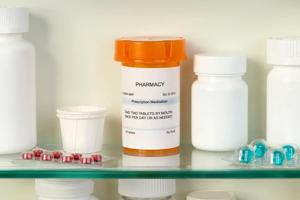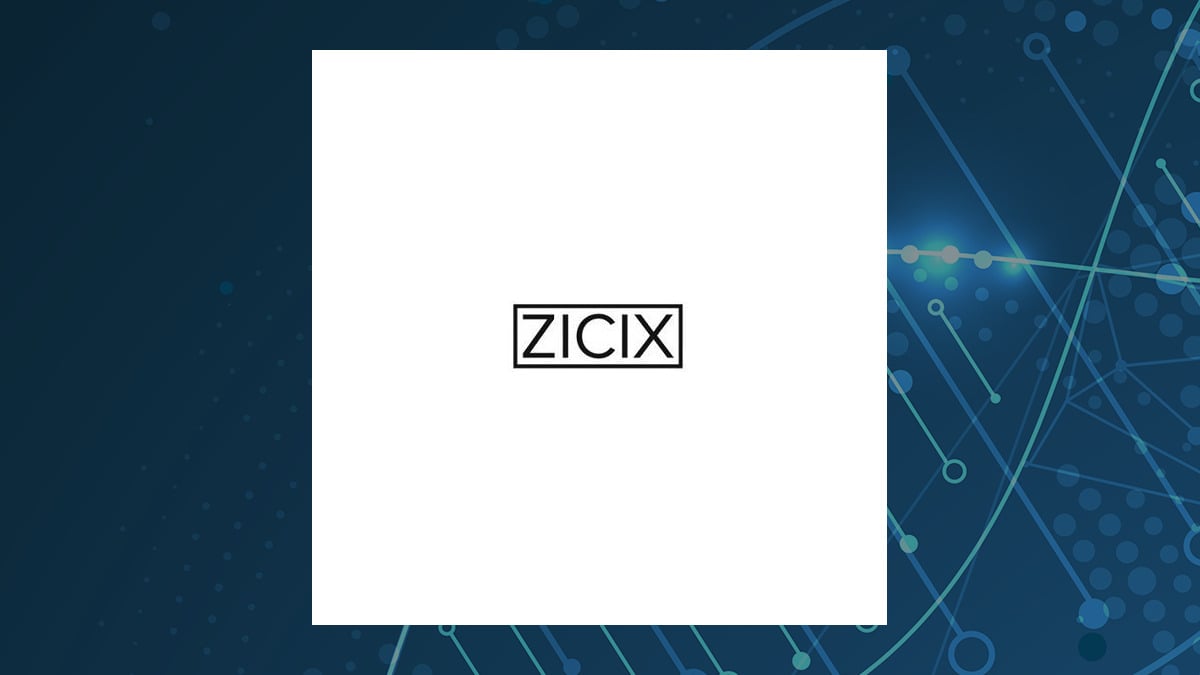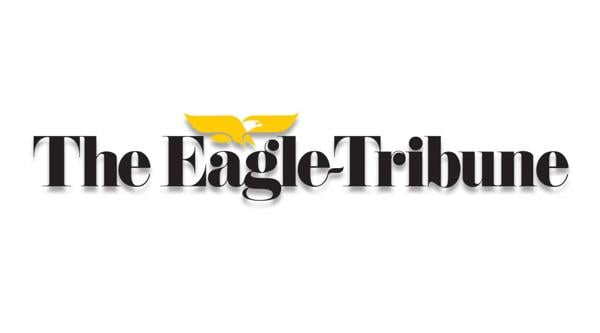The U.S. Food and Drug Administration (FDA) has announced significant changes to its approval process for biosimilars, aiming to enhance patient access to more affordable medications. As of October 29, 2025, the FDA will no longer mandate extensive clinical trials for most biosimilars, a move expected to halve approval timelines and save drug manufacturers substantial costs.
Biosimilars are biologic drugs that closely mimic original biologic medications, which are derived from living cells. These medicines play a crucial role in treating serious health conditions, including cancer, diabetes, and autoimmune diseases. Several high-demand brand-name drugs, such as Herceptin for breast cancer, Lantus for diabetes, and Humira for autoimmune disorders, already have biosimilar options available.
Under the revised guidelines, developers of biosimilars will primarily need to demonstrate that their product’s structure and manufacturing processes align with those of the original drug, rather than conducting costly clinical trials to establish efficacy. FDA officials believe this streamlined approach will foster greater competition in the pharmaceutical market, ultimately leading to lower drug prices for patients.
Impact on Drug Approval Timelines and Costs
During a news conference, U.S. Health Secretary Robert F. Kennedy Jr. emphasized the importance of reducing bureaucratic barriers, stating that for too long, regulatory hurdles have protected monopolies and hindered competition in the pharmaceutical industry. Dr. Marty Makary, the FDA Commissioner, highlighted that the new regulations could reduce the approval timeline from five to eight years to as little as two to four years. This change could save drug companies tens of millions of dollars in research and development costs, which may be passed on to consumers in the form of lower prices.
Despite the positive outlook, industry analysts caution that regulatory changes alone may not fully address the barriers to biosimilars entering the market. According to Brian Skorney, a drug industry analyst at investment bank Baird, existing patent protections and legal challenges from brand-name drug manufacturers often delay the launch of biosimilars, even after receiving FDA approval.
Currently, generic and biosimilar drugs account for approximately 90% of prescriptions in the United States but represent a limited portion of overall drug spending. Biologic drugs, which biosimilars aim to replace, continue to be a significant factor in escalating healthcare costs.
Industry Response and Future Outlook
The Pharmaceutical Research and Manufacturers of America (PhRMA), representing brand-name drug manufacturers, expressed concerns that pharmacy benefit managers—who play a pivotal role in negotiating drug prices—also contribute to limiting biosimilar access. Secretary Kennedy further accused major pharmaceutical companies of manipulating regulations to protect their market interests.
Since the FDA approved its first biosimilar in 2015, over 60 biosimilar products have entered the U.S. market. However, the pace of adoption has been slower than anticipated. The FDA’s recent initiative aims to expedite both the approval process and the availability of these critical treatments for patients.
For more information on biosimilar medications and their role in healthcare, the American Cancer Society provides valuable resources and insights. The FDA’s decision marks a critical step towards making lifesaving biosimilars more affordable and accessible to those in need.







